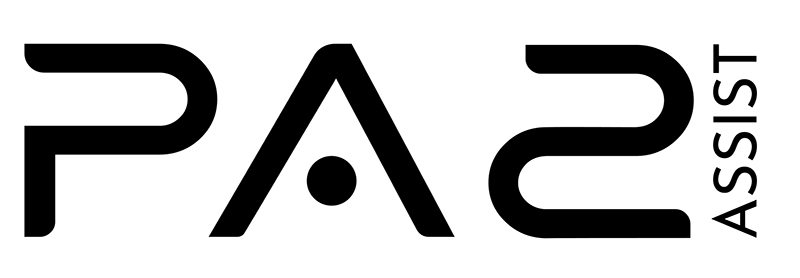Regulations and Disclosures in Affiliate and Influencer Marketing: What You Need to Know


Introduction
Affiliate and influencer marketing have become integral components of modern advertising strategies. However, with their growth comes the need for proper transparency and compliance. Regulatory bodies worldwide have introduced guidelines to ensure that affiliate marketers and influencers maintain ethical practices, particularly when it comes to disclosures about partnerships. These regulations aim to protect consumers, strengthen trust, and promote fair advertising practices. Here’s what you need to know about rules and disclosures in affiliate and influencer marketing.
1. The Importance of Transparency
At the heart of these regulations is transparency. Both affiliates and influencers are expected to disclose any relationships they have with the products or services they promote. Whether it’s a paid partnership, affiliate link, or sponsored content, followers and consumers must be informed about these connections. The Federal Trade Commission (FTC) in the United States and similar organizations globally have made it clear that misleading advertising or failure to disclose financial relationships is illegal and can result in penalties.
For influencers and affiliates, this means openly stating when content is sponsored or when they stand to earn a commission from a product recommendation. Using clear language such as “#ad”, “#sponsored”, or “#affiliate” in posts, videos, or blogs ensures that followers are informed about the nature of the content.
2. FTC Guidelines for Influencers and Affiliates
The FTC has established guidelines for influencers and affiliates in the U.S. to protect consumers from deceptive advertising practices. These guidelines emphasize the need for clear and conspicuous disclosures that are easily noticeable and understandable by consumers. Disclosures should be placed in a way that makes them easy to find—ideally at the beginning of posts or in the opening of videos, as many users may not see them if placed too late in the content.
Influencers and affiliates should also be aware of the specific regulations regarding affiliate links. If an affiliate is eligible to earn a commission, they must disclose it in a clear and accessible manner to their audience.
3. Global Compliance
While the FTC is a significant regulatory body, it’s not the only one. Other countries have their own rules in place. For instance, the European Union (EU) and the UK have similar requirements for consumer protection and advertising transparency. Influencers and affiliates operating internationally need to ensure compliance with local advertising laws and guidelines. Global marketers must stay updated on regional regulations to avoid potential fines or damage to their reputation.
4. The Role of Brands and Marketers
Brands and marketers have a shared responsibility in ensuring that influencers and affiliates comply with these regulations. They should provide clear guidelines and expectations about how and where to disclose affiliate relationships and sponsored content. Regular training and reminders about best practices can help affiliates and influencers stay informed and up-to-date.
5. Best Practices for Disclosures
To ensure proper compliance, here are some best practices for disclosures in affiliate and influencer marketing:
Always use clear language: Use terms like “#ad”, “#sponsored”, or “affiliate link” at the beginning of the post.
Be transparent with your audience: Never hide or bury disclosures in a way that makes them difficult to see.
Make disclosures readable: Avoid ambiguous terms and ensure that the disclosure is easy to understand for all audiences.
Follow platform-specific guidelines: Each platform (e.g., Instagram, YouTube) may have its own rules for handling disclosures, so be sure to follow these guidelines.
Conclusion
As affiliate and influencer marketing continues to thrive, so does the importance of transparency and compliance. Regulations and proper disclosures not only protect consumers but also build trust between brands, influencers, and their audiences. By following the appropriate guidelines and staying informed about changes in regulations, influencers, affiliates, and marketers can continue to thrive in a legally compliant and ethically sound environment.
#AffiliateMarketing #InfluencerMarketing #FTCGuidelines #SponsoredContent #MarketingRegulations #Disclosures #ConsumerProtection #DigitalMarketing #MarketingCompliance #InfluencerTransparency
Company: PAY2ASSIST DYNAMICS CONSULTANCY - FZCO
Office Location
IFZA Business Park,
DDP 38579-001
A1-3641379065,
Dubai Silicon Oasis
Phone: +971 55 395 3714
Follow Us
Registered Office Address
